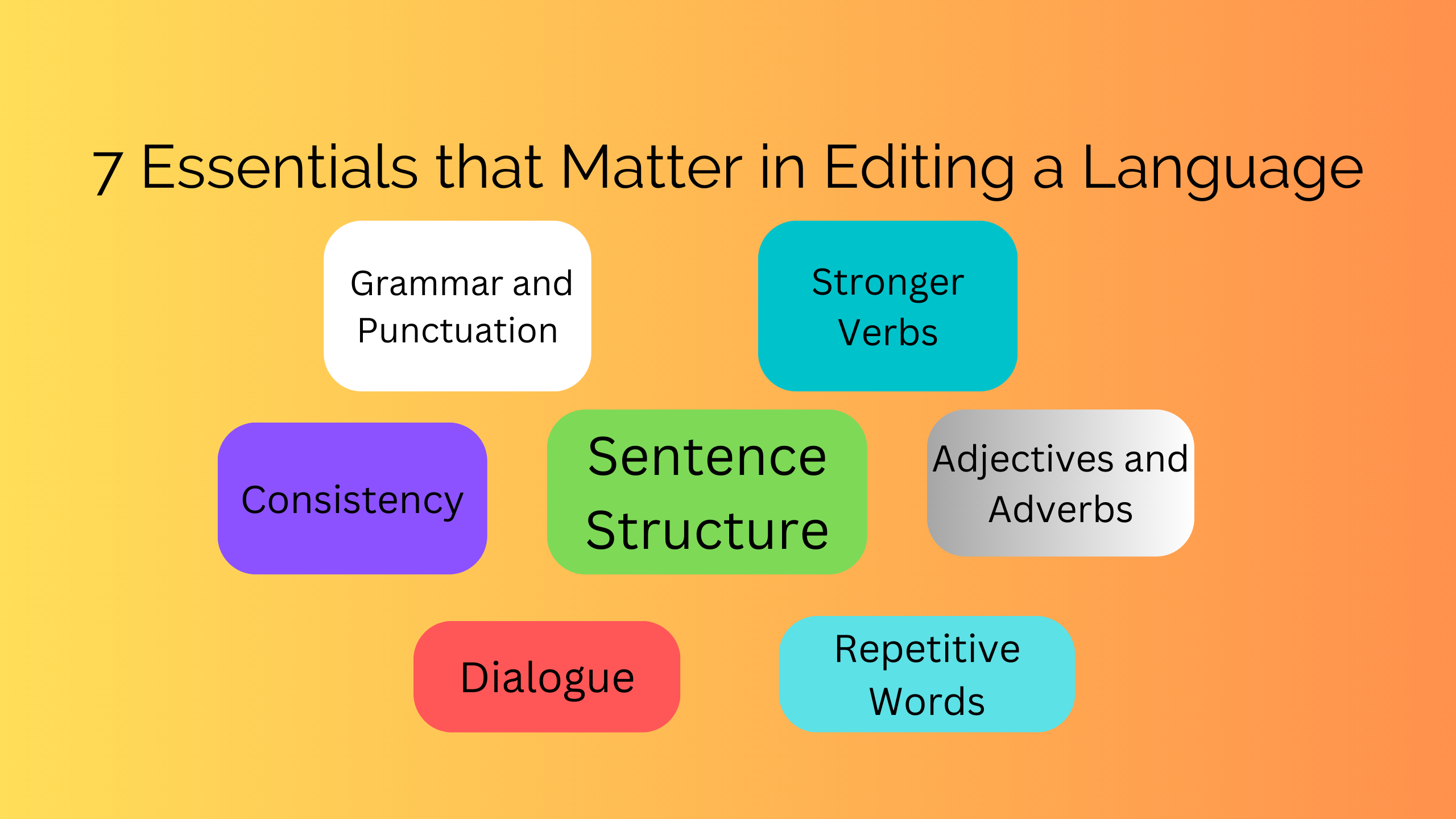MadCap Quality is one of the powerful plugin tools integrated with MadCap Flare. Madcap Quality is a collection of polices for detecting errors in English language, maintaining consistency, and adhering to compliance.
The default policies are the compliance to industry standard styles guides such as Microsoft Technical Publishing, Apple Style Guide, and other guides. Moreover, you can create polices that you want to implement in your documentation. It is helpful if you have developed your own style guide, written a dictionary of terminologies, and developed certain standard of writing styles.
You can create policies to adhere to these goals and use the default policies along.
Following are some of the advantages of MadCap Quality.
- Error Detection: Catches errors in spelling, grammar, and punctuation. You can ensure up to 100% error free documentation with the help of Madcap Quality.
- Language Nuances: Highlights length of sentences, usage of clauses and phrases, uncommon or difficult words, and ambiguous sentences.
- Consistency: Ensures consistency in writing style, formatting, and terminology throughout the documentation. You can create rules how your headings, body content, and references should be.
- Style Guide Compliance: Verifies compliance with industry standards such as Microsoft Technical Publishing, Apple Style Guide, and other writing style guides.
- Content Accessibility: Checks for content accessibility issues whether in PDF or WebHelp, ensuring that the documentation is usable by all individuals, including those with disabilities.
- Consistency with Branding: Ensures that the documentation aligns with the organization’s branding guidelines. You can create your own policies to adhere to your organization’s branding guidelines and verify the compliance.
- Content Metrics: Evaluates overall document length, readability, and complexity.

